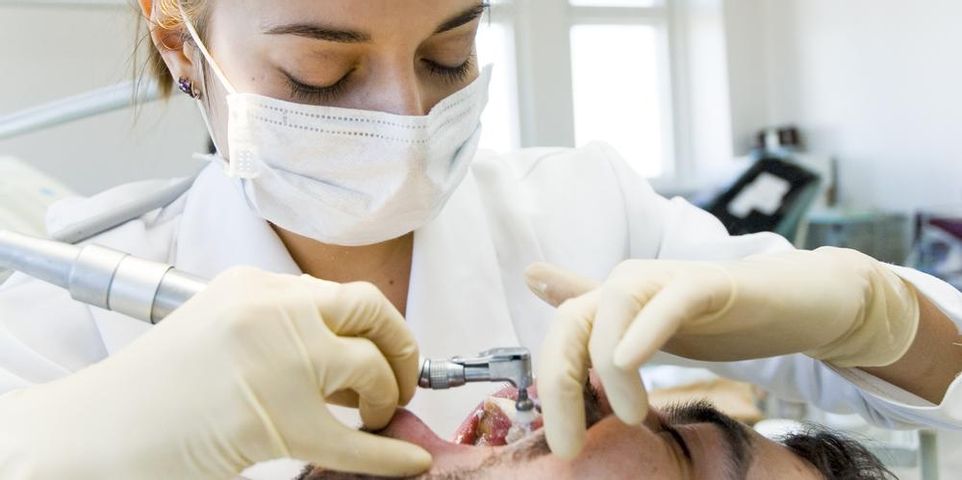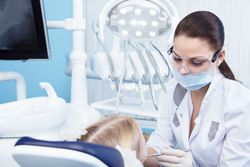
Accidents can happen at any time, and if you’re suffering from mouth trauma, extreme tooth pain, or bleeding gums outside of normal working hours, you may need emergency dentistry. It is important to recognize what is considered a dental emergency, what to expect from urgent care walk-in services, and what steps to take to recover faster. The professionals at BridgeView Dental Group in Kodiak, AK, offer this simple guide to help you through an urgent situation.
What Is a Dental Emergency?
A dental emergency is classified as any problem involving the teeth and gums that requires immediate treatment. This can range from severe tooth pain to excessive bleeding to accidents resulting in broken teeth. You can recognize dental emergencies by their signs and symptoms. These can include loose teeth that leave you vulnerable to localized infections, swelling or numbness in the jaw, a metallic taste in your mouth, or even continuous migraines or headaches. If you think you may need emergency dentistry, start by calling your dentist and explaining your symptoms. The staff can guide you from there.
How Can Emergency Dentistry Services Help?
 Emergency dentistry is rarely as severe as the need for urgent medical treatment. Therefore, your visit to a walk-in office may be similar to your appointment with a regular dentist. You will be expected to sign in and remain in a waiting room until your name is called. The dentist on duty will then assess your symptoms and offer the appropriate treatment. If you require immediate surgery, such as teeth extractions or a root canal procedure, your dentist will discuss the treatment options with you, and you can decide how you would like to proceed. If more extensive work needs to be done, your dentist may schedule a follow-up appointment after the procedure.
Emergency dentistry is rarely as severe as the need for urgent medical treatment. Therefore, your visit to a walk-in office may be similar to your appointment with a regular dentist. You will be expected to sign in and remain in a waiting room until your name is called. The dentist on duty will then assess your symptoms and offer the appropriate treatment. If you require immediate surgery, such as teeth extractions or a root canal procedure, your dentist will discuss the treatment options with you, and you can decide how you would like to proceed. If more extensive work needs to be done, your dentist may schedule a follow-up appointment after the procedure.
How Do I Recover After Emergency Dental Treatment?
After your emergency dental work has been completed, your dentist will discuss a recovery plan with you depending on the type of issue you have and its severity. If you underwent oral surgery, you may need to take pain medication and apply ice to the affected area in intervals to reduce swelling. The day following surgery, it is important to keep the area clean by rinsing with a warm saline solution. Once you’re able to eat something, stick with soft foods, such soup, yogurt, or mashed potatoes.
An accident or issue that requires emergency dentistry can be scary. However, with a professional and knowledgeable team to walk you through the process, you will obtain the help you need to get better faster. If you’d like to learn more about emergency dental services and other teeth treatments, visit BridgeView Dental Group online or call (907) 486-3257.
About the Business
Have a question? Ask the experts!
Send your question

